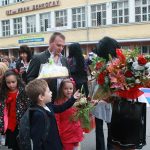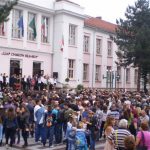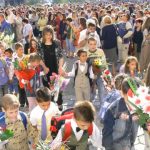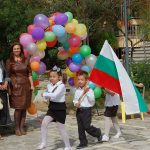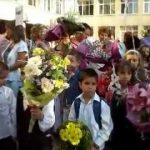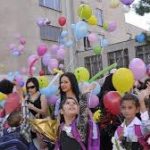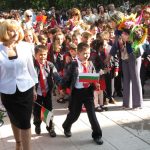Bulgaria’s President set a Date for this year’s Elections
Bulgaria’s President Rumen Radev signed a decree today scheduling the elections for mayors and municipal councilors for October 29.
The head of state has determined the date after a working meeting with representatives of the leadership of the Central Election Commission (CEc).
The conversation discussed the specifics of the local vote and the upcoming work on the organization of the election process. The CEC has informed the president of the technical and logistical features that the commission must comply with for the local elections and its readiness for their holding.
Here you can read about the results of a study that determined for who will one-third of Sofia residents will vote as their future mayor.
3 Decades Later: Evangelical Education in Bulgaria at Halt
With the new Bill on Religion in Bulgaria, the Muslim community has been given amnesty on some $4,500,000 of public debt, while granted another $3 million in annual government subsidies. As a result, the monthly salary of Muslim clergy (imams) has already increased with 20% and a new Islamic school is being opened in one of the historically oldest Christian places in Bulgaria, the city of Sliven. All while, the evangelical protestant communities are not receiving financial support under the new law and their schools remain without proper government legalization via the Bulgarian Ministry of Education.
Though this legal precedent follows the Russian Law on Religion that has already effectively closed the evangelical seminaries in Moscow, it is manifesting a political agenda undergoing in Bulgaria for over a decade. What remains unsaid with the recent changes in the Law of Religion in Bulgaria is the ultimate halt of evangelical education in the country. The Bulgarian Evangelical Theological Institute has been functioning at its operational minimum for years now. Students are trained mainly online or via small local groups spread in various cities. They are called to the school departments only for graduation or occasionally lectures by visiting scholars. Even after years of waiting, the Institute was never granted official accreditation through Bulgaria’s Ministry of Education and most of the students preferred getting their degrees from other accredited and licensed institutions. Less than 1% of the students who were not in ministry at the time of their enrollment entered the ministry post graduation. And even fewer of them remain in ministry today; which ultimately ensures the lack of adequately trained ministers for placement in the evangelical churches of Bulgaria.
The last Bulgarian to graduate from the Church of God Theological Seminary did so over a decade ago, and 2009 was the last class of the Bulgarian Theological College (seminary). One of the greatest mistakes made was closing the college in 2009, thus leaving the movement with virtually no higher ministry training for the last decade.
We were present at the national meeting of elders on September 10, 2009 in Sofia when the final decision to close the Church of God Theological College was voted. Only a few others along with us disagreed with the vote and pleaded with the assembly to make everything possible and keep the school open. At the final vote, it came down to a few thousand dollars due in annual membership fees and the school was closed.
Five years prior to these events in 2004, we published an article on evangelical education in Bulgaria with some warnings. The article proposed a change of the evangelical educational paradigm in anticipation of new legal changes and the prolonged waiting for a governmental accreditation. In fact, the same issues addressed in our proposal repeated themselves in 2016 upon Russia changing its own legislation on religion and religious education thus effectively illegalizing evangelical seminaries and overall missionary work. Today, similar legal measures are put in place by the Bulgarian government as well.
The final of our 10-point proposed plan in 2004 included the following observation:
- Naturally, the well-educated graduates have chosen not to occupy themselves with denominational politics both to avoid confrontation and to express their disagreement. This dynamic has been partially ignored by leadership remaining from the period of the underground church when religious education was virtually nonexistent and lacking a complete realization of the power of education. This unnoticed trend, however, endangers Bulgarian Evangelism creating a lack of continuity within the leadership and preparing the context for the emerging leadership crises.
With the new Bill on Religion in Bulgaria closely following the effective closure of evangelical seminaries in Moscow, the opportunity for a government recognized ministerial training in Bulgaria may be legally impossible to regain. In the light of those resent changes, our 2004 proposal for a legal ministry training alternative was successfully implemented and used for our Master of Chaplaincy Ministry graduates since 2009 providing a single valid alternative for evangelical education in Bulgaria.
First Day of School in Bulgaria
A Potter’s Fire brings The Potter’s Fire
By Kathryn Donev
If I were to ask you if it would be okay for your child to hang out with a friend that actively practices witchcraft, I’m certain you would be appalled by the question and your very quick response would be a sharp, “No”. But when encompassed in a kid friendly fantasy world, a young boy named Harry who studies at a school of wizardry and possesses a simple stick that shoots cool fireballs seems harmless.
I’m reminded of a story in Leviticus in which two boys thought it would be okay to play with strange fire.
It’s a very simple story. Arron’s sons, Nadab and Abihu, who were priests of the wilderness tabernacle took their censers and put unauthorized fire in them. They then were instantly consumed by the Fire that came from the presence of the Lord and died. The Potter’s fire, the true fire, the authorized, familiar fire consumed everything. This is a lesson that teaches that we are not to let our children play with strange fire. A potter’s fire that seems so innocent, could cost your children their life.
It is our responsibility as parents to teach our children that we are not to play with cool looking fire even though it’s only “make-believe”. Witchcraft is real. It is dangerous. It is confusing and The Potter is not a God of confusion. We must protect our children from being consumed.
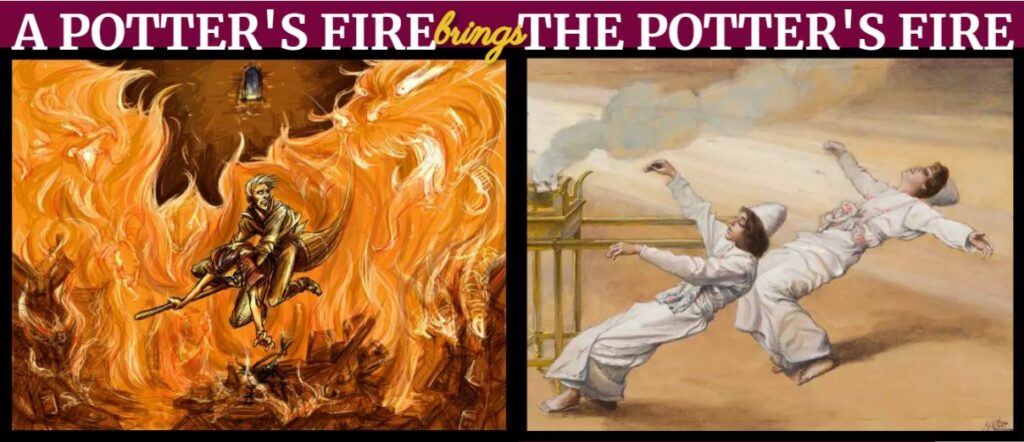
Polk Revival to Commence after Months of Prayer
Initially 7, now 8 churches and multiple ministries across the biggest Tennessee county, have set their hearts to seek after the will of God for revival in their area after the pandemic. The meetings are set to move from one church location to another each week of the original seven consecutive week schedule. While Fridays are set as days for prayer and reflection, many already anticipate service will continue through the weekend into the next week’s revival location. As participants have been praying for God’s fresh fire in East Tennessee, many have recalled previous revivals and prophetic words from some hundred years ago to the spontaneous student revival at Lee University this past spring. As new revival outpouring has been long prophesied for the area, the churches have agreed to wait upon the Lord until he moves in their midst again. Prayer is requested from all who love the Lord and have awaited His renewal of the land and His people.
Perry Stone Ministries 2016 THE PROPHECY: In August, over a year ago the Holy Spirit spoke of a “Rural Awakening.” I am certain the primary meaning is that God will spiritually awaken the people in rural areas. However, it was just reported that the RURAL VOTE from the small towns of America, is what won the election for Donald Trump. In the same word, The Holy Spirit has also said the cities will become dangerous with mobs and people would begin leaving the cities to return to the more rural areas in AMerica. George Soros is planning major city disruptions for months or perhaps years to come, and now sadly, there are numerous gangs of black youths in the inner cities that are physically attacking, for no reason, older white men and women; a few even calling for the death of all whites. I regret to say, violence will become more common (days of Noah) and people will slowly begin to leave major cities (violent zones) to move away from the hate and crime in those areas. Those of us in the Body of Christ, White, Black and HIspanic, must not fall into this demonic hatred and deception, but must stand in the unity of our faith in Christ, as one body and one family. Many people who truly love the Lord live in these cities and these gangs and thugs do not represent them or their ethnic group. JESUS IS KING.

SIGNS of the LAST DAYS: People will not believe the signs

RESTORING GOD’s church…
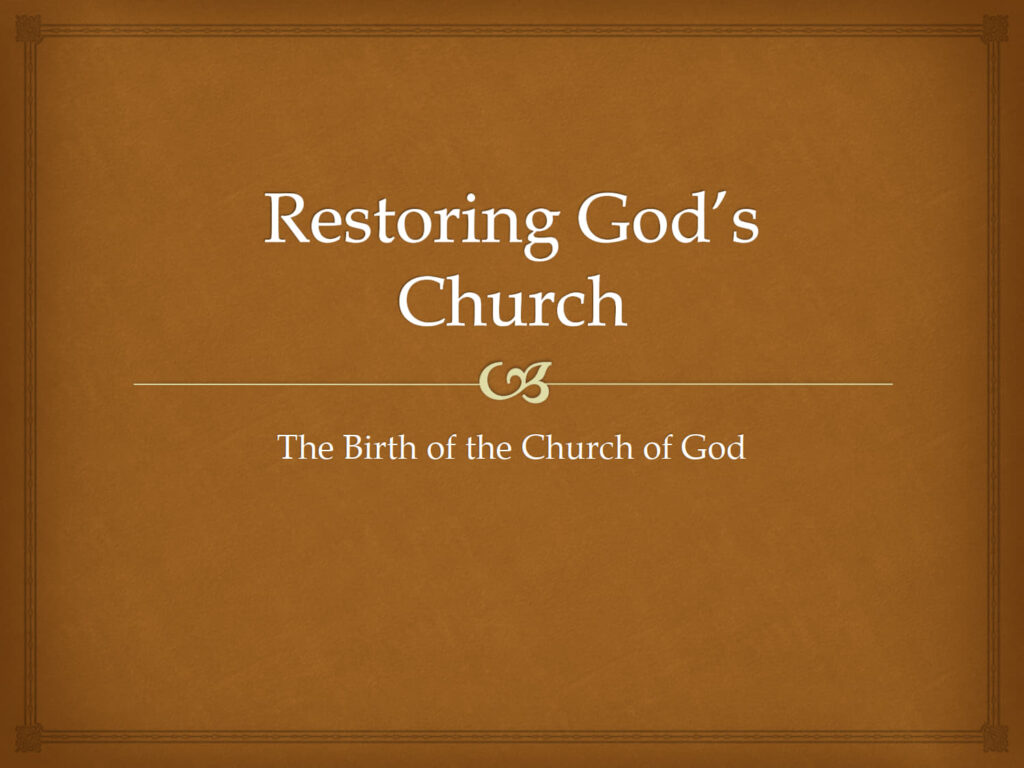
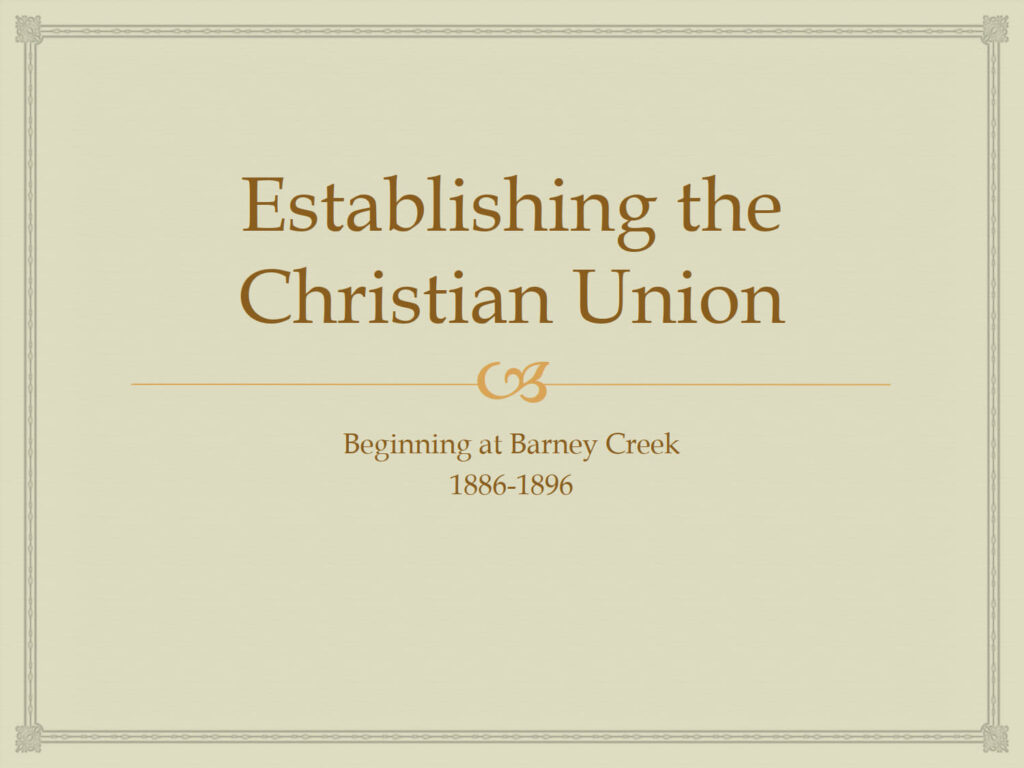

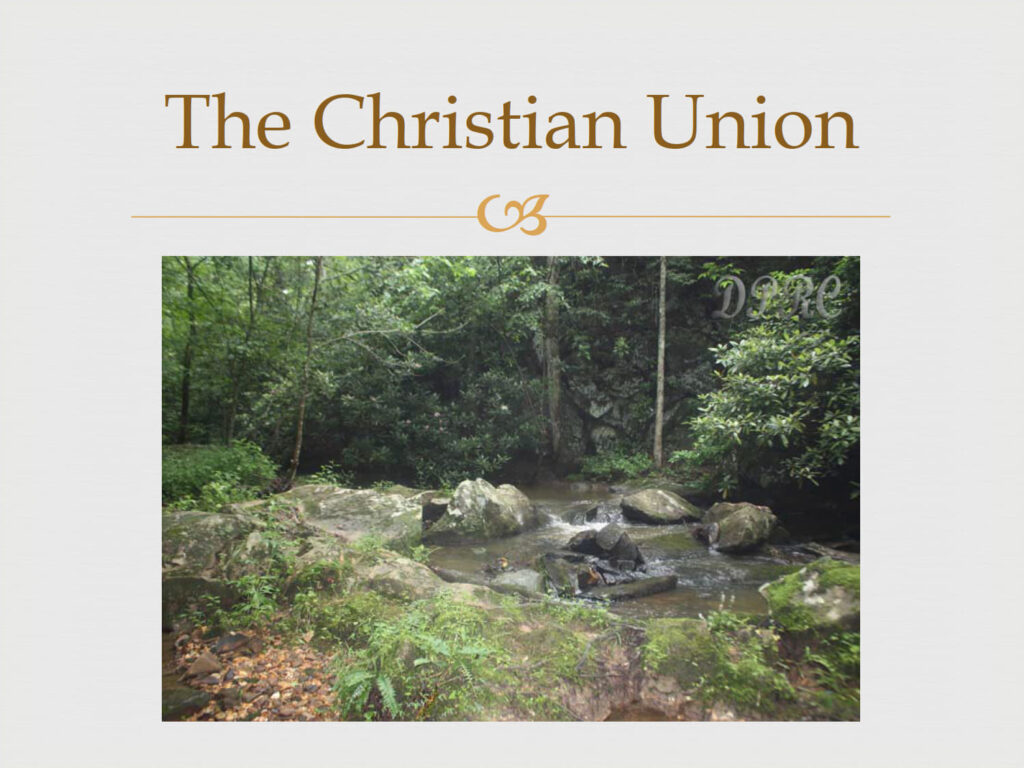



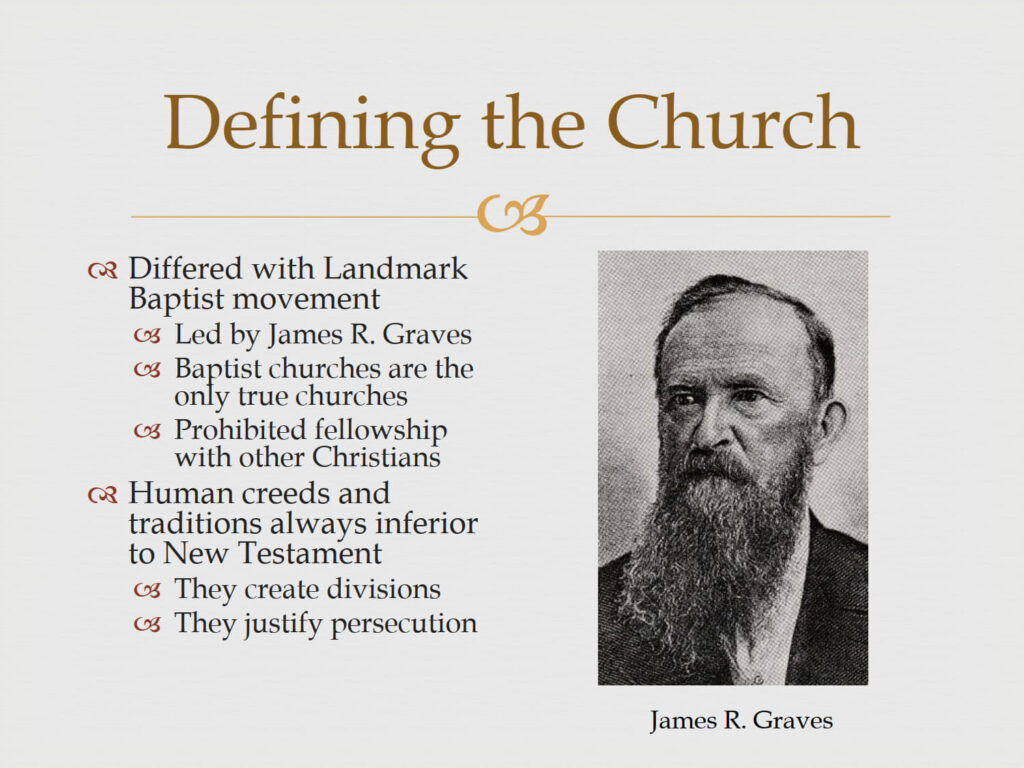
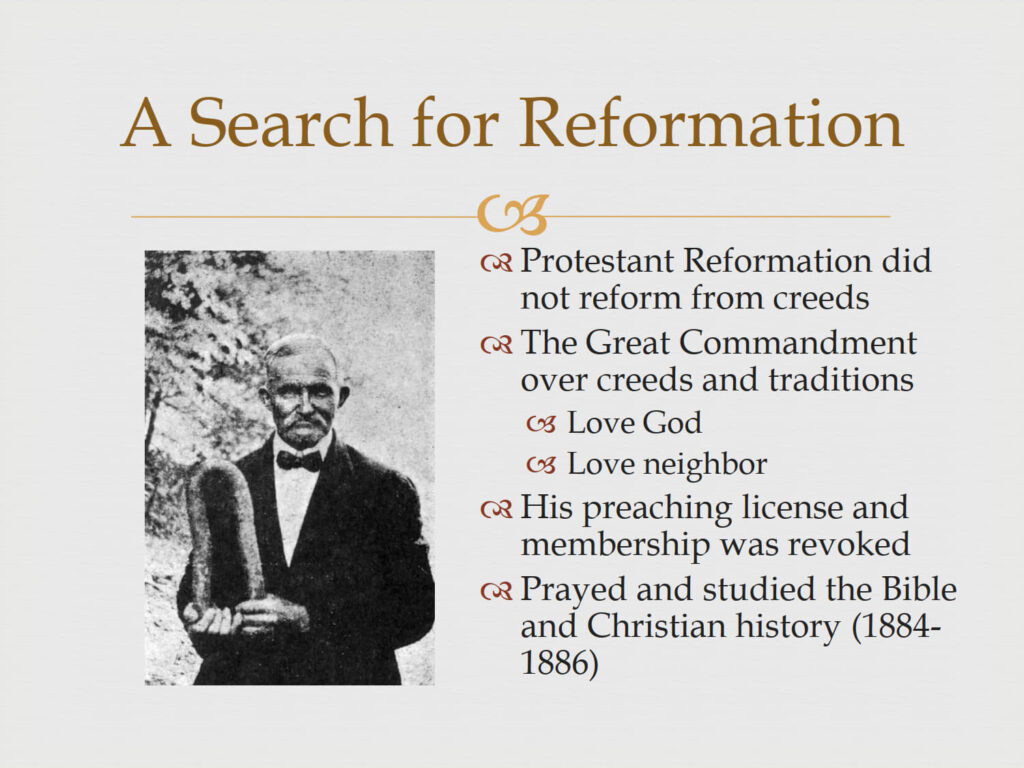

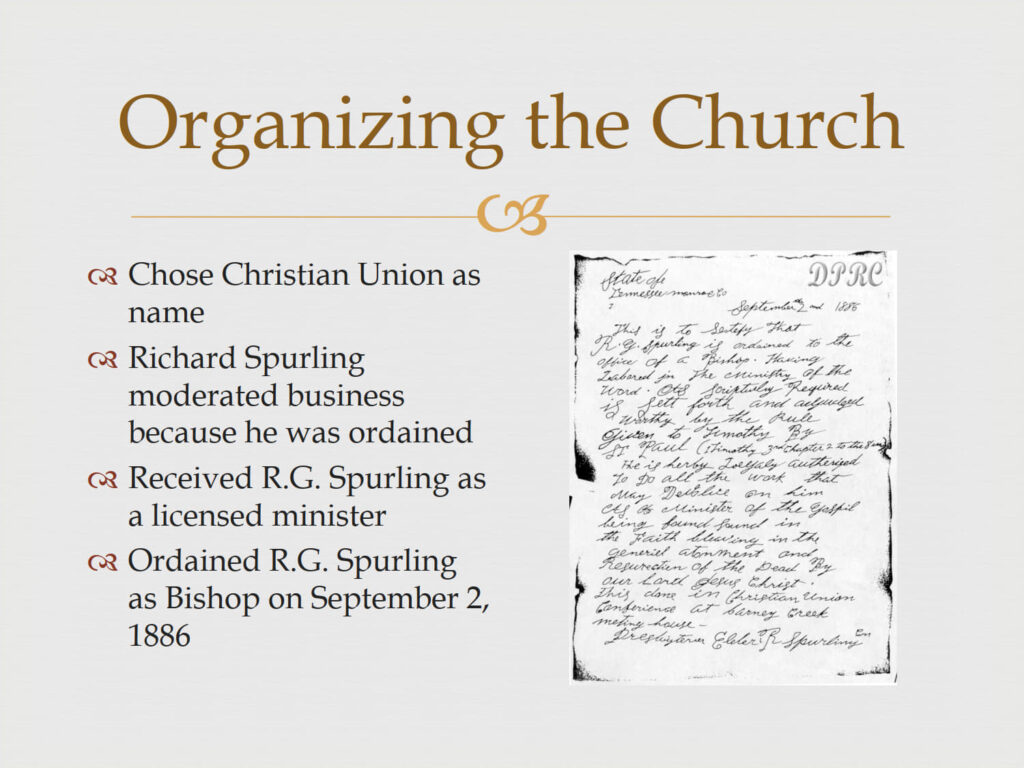
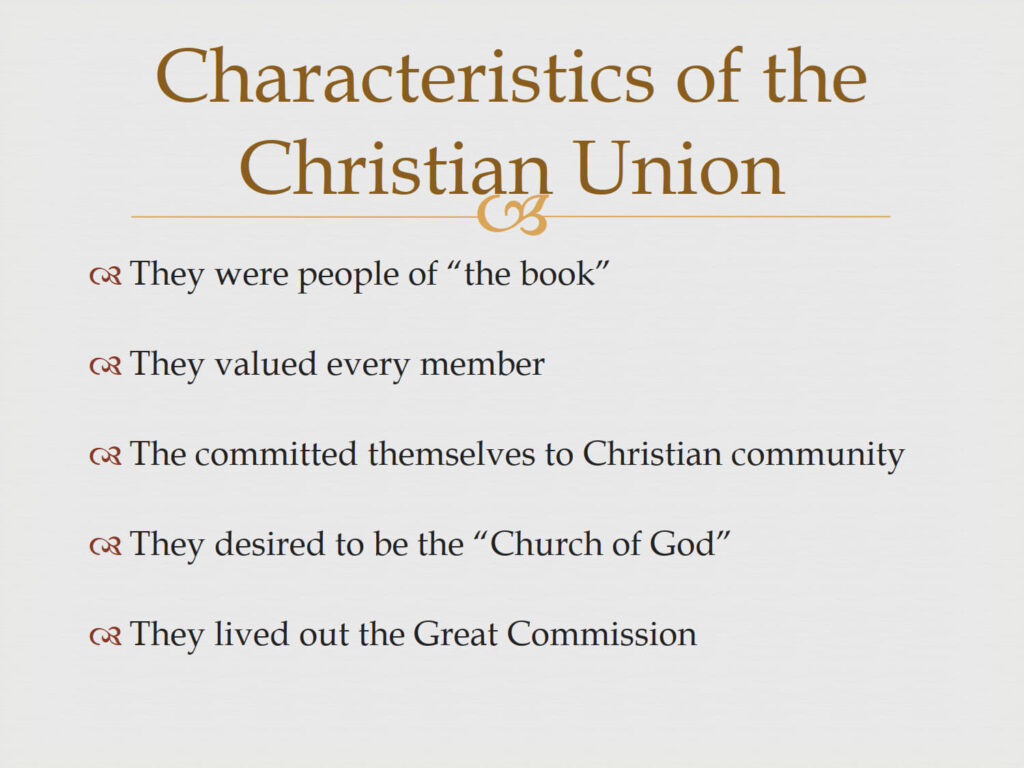
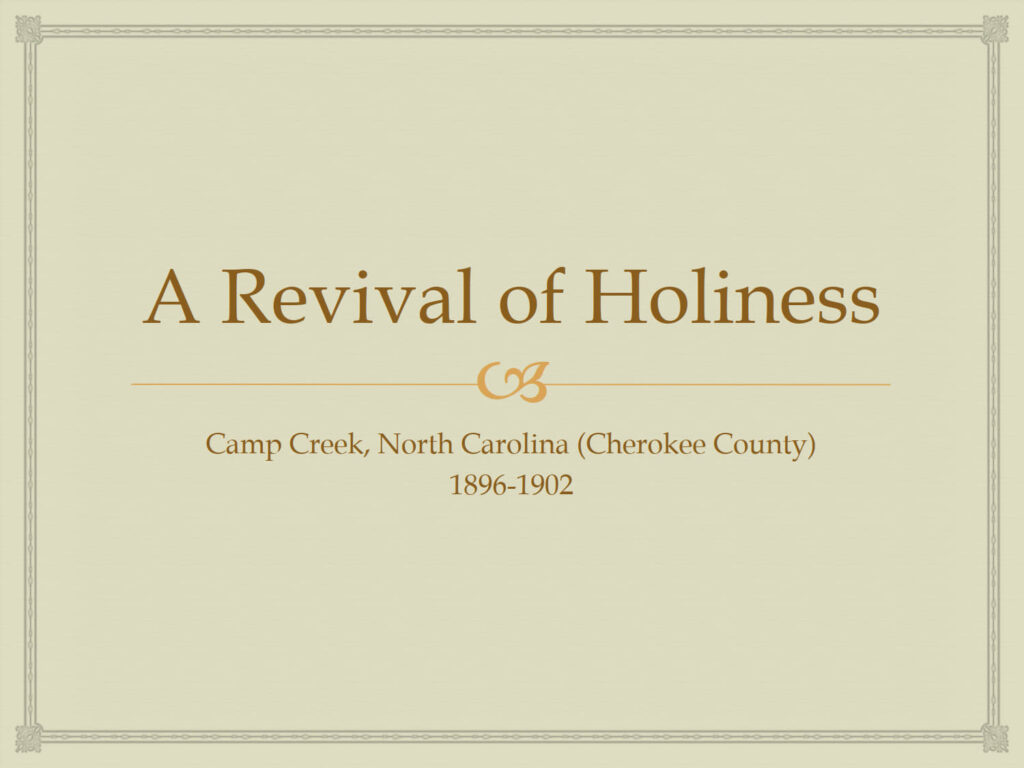

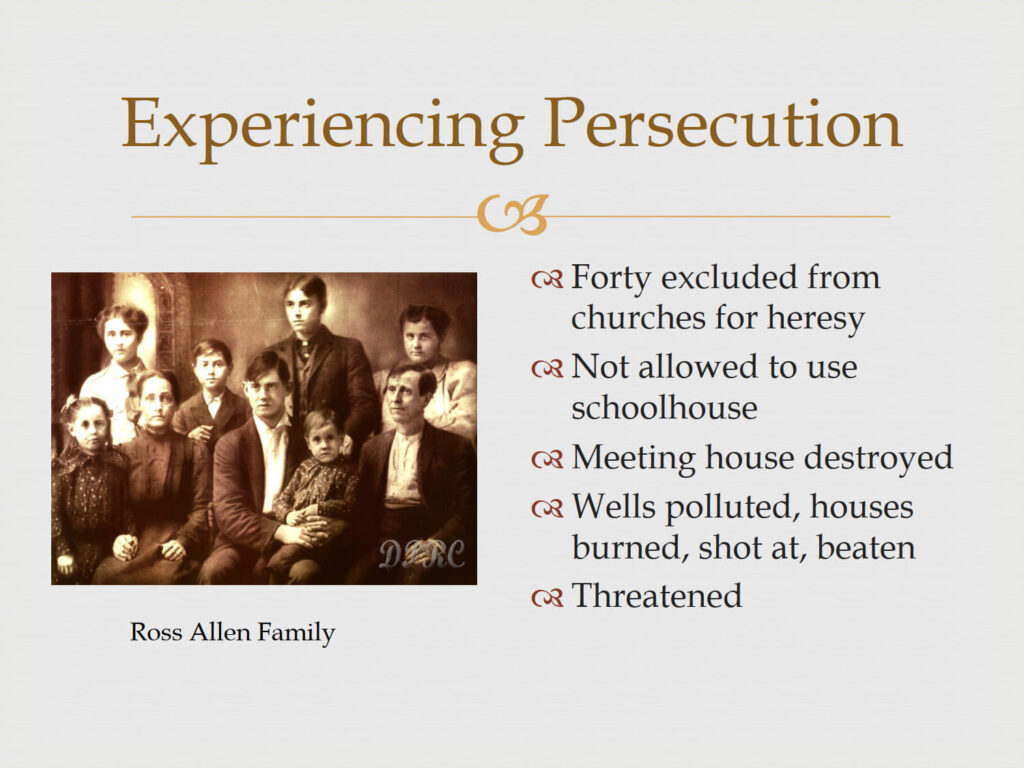
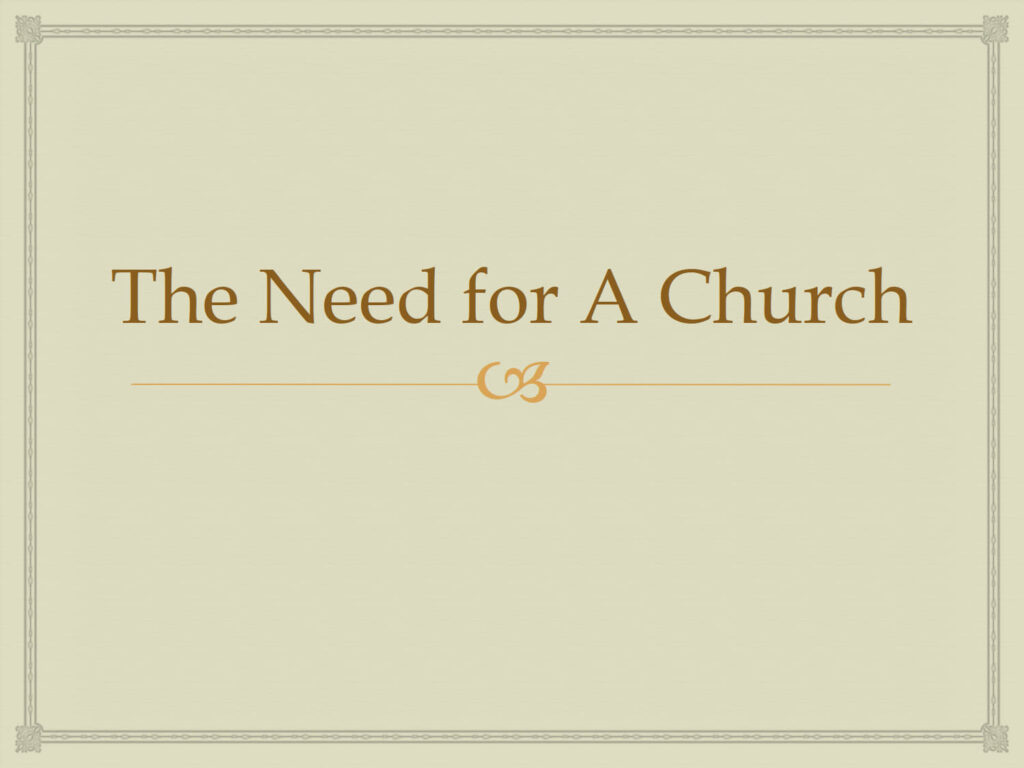
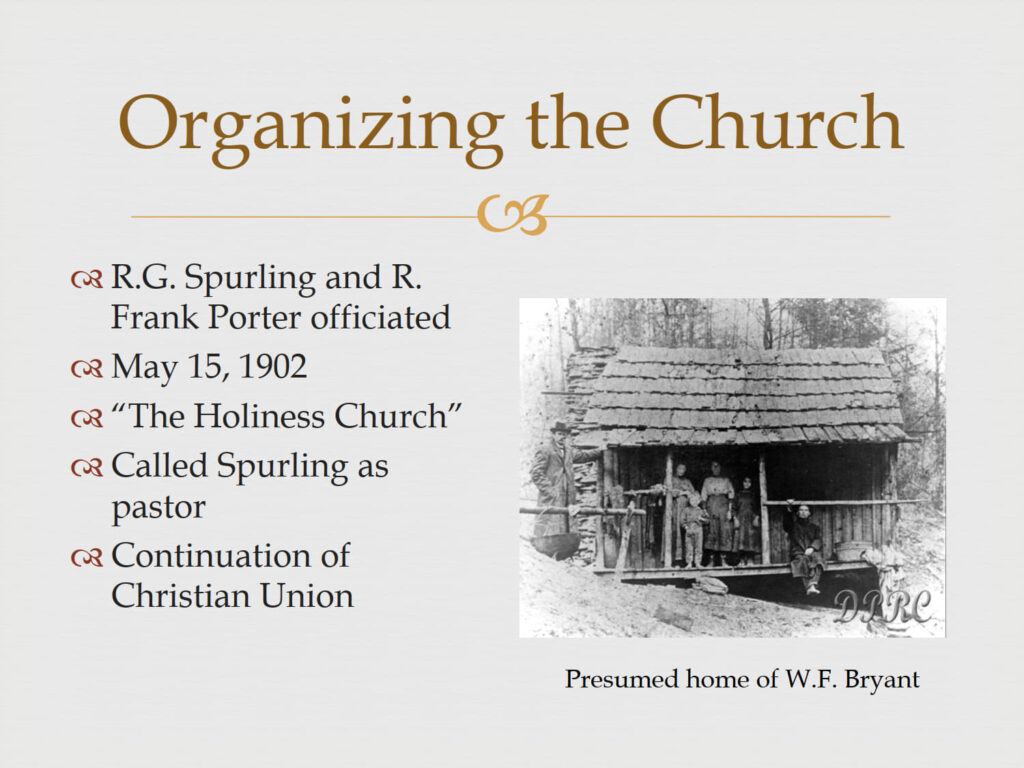
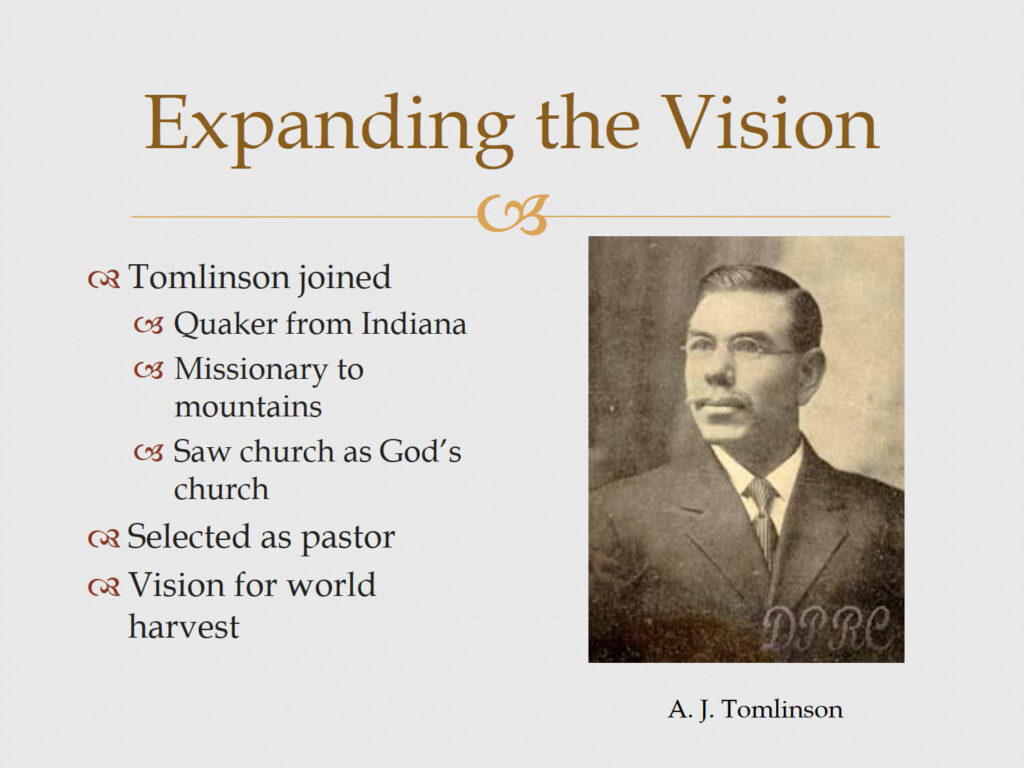

CHAPLAINCY MODEL WITHIN THE BULGARIAN ARMY (Submitted to the Manfred Wörner Foundation)
As the country of Bulgaria is now a member of NATO and awaits acceptance into the European Union in 2007, international experts are working with various government institutions and consultant agencies to create an atmosphere in which the Bulgarian mindset can experience a new national revival in the 21st century. NATO’s involvement in this process serves as a catalyst both for reinforcing Bulgaria’s infrastructure and attracting international interest in the country’s affairs. Issues concerning national security, military involvement, international relations, economical development and ethnic diversity are continuously and carefully taken into consideration. However, one issue still remains untouched neither by NATO’s official position in Bulgaria, nor by the Bulgarian government. This is the issue of faith.
Three reasons make such topic of relevant importance. First, Bulgaria claims traditional and historical religious belongingness to the Eastern Orthodox Church. Furthermore, the centuries of religious wars on the Balkans have formed a complete dependency on ethnic religiosity, making faith the prime factor for animosity, hatred and genocide. Finally, the issue of morale and morality in the armed forces remains open for any military unit and will need to be addressed sooner or later in the context of NATO’s presence in Bulgaria.
This research will show how the above issues could be resolved by the presence of a NATO paradigm for chaplaincy within the Bulgarian Armed Forces. The paper will explore the current developments of chaplaincy in Bulgaria on three levels: church, society and government. It will then present the case of “underground chaplaincy” in Bulgaria and provide an appropriate solution to be implemented through the newly established Bulgarian Chaplaincy Association. The conclusion will outline the benefits that can be achieved by a partnership between local NATO representatives and the Bulgarian Chaplaincy Association who combine efforts to restore the spirituality within the Bulgarian Army through the legalization of chaplaincy ministry within its structures.
Bulgarian Chaplaincy Association and Master of Chaplaincy Program Ministry 2023 Priority Review
In the midst of the 2020 pandemic, the Bulgarian Chaplaincy Association was able to continue in active field ministry as well as its Master of Chaplaincy Program in affiliation with New Bulgarian University. Another doctoral graduate from the chaplain’s program graduated in 2020 with special focus of ministry in the Eastern part of Bulgaria. The Association has not completed its task yet, namely, legalizing chaplaincy within the Bulgarian armed forces, but major milestones have been accomplished. Our 2006 proposal submitted to NATO’s Manfred Wörner Foundation is being implemented as foundational to the doctrine and direction of the Association, being now used by other fields and states as well.
As prisoners in Bulgaria were not generally released during the Pandemic, prison chaplaincy continued through the Sofia region office led by one of our students from the Masters’ Program.
Hospital chaplaincy has remained a challenge as many hospitals, especially in mid-Bulgaria, struggled to provide adequate healthcare during the pandemic crises.
International chaplaincy among Bulgarian migrants have continued as allowed by shutdown orders in various countries in the European Union. On several occasions large communities of migrant workers were forced by the economic challenges to return to Bulgaria, which has presented additional opportunities for chaplaincy ministry.
Institutional chaplaincy has been the weakest point as in the past decade, as interweaving religion and business in the Bulgarian context of ministry has remained a strong test for the endurance of chaplaincy. However, the corporate ecosystem in Bulgaria is progressively changing as foreign investors are continuing to establish regional offices and labor opportunities in the country.
Haskovo, Harmanli and the Strandja region toward the Turkish border south of Yambol have been a focal point of chaplaincy among foreign migrants residing in Bulgaria. We have already established relationship with para-church organizations that work successfully among Muslim migrants in the Scandinavian countries. Their experience and training within the Bulgarian context of ministry has been indispensable.
Finally, social involvement through community chaplaincy has been developing well in the past several years, especially in major project areas like the second largest Bulgarian city of Plovdiv, the region of South Bulgaria, along the Black Sea especially in Bulgaria’s largest sea port at Varna, and along the Danube River including the port cities of Silistra, Rousse, Svishtov and all the way to Vidin.
Also important [click to read]:
- U.S. Department of State recognizes our chaplaincy efforts in Bulgaria
- Bulgarian Chaplaincy Association: Integration Proposal with Local NATO Programs
- Bulgarian Chaplaincy Association: Vision and Resolution
- Chronology of our role and involvement in developing Church of God chaplaincy in Bulgaria since 2001
- Master’s of Chaplaincy Ministry Program in Bulgaria Reflections
- The Past Decade of Chaplaincy in Bulgaria (2006-2016)
- Related Publications and Presentations by Cup & Cross Ministries International
Master’s of Chaplaincy Ministry Program in Bulgaria Renewed
 Master’s of Chaplaincy Ministry Program in Bulgaria Renewed (2010-2023)
Master’s of Chaplaincy Ministry Program in Bulgaria Renewed (2010-2023)
We are proud to announce that the Master’s of Chaplaincy Ministry Program, we designed and launched in Bulgaria in 2006, has been selected to be part of the Social Service Program of New Bulgarian University. After being for years a valuable part of the regular curriculum of the Bulgarian Evangelical Theological Institute and the St. Trivelius Institute in the capital Sofia, the chaplaincy program has received the highest level of recognition as successful graduates will be finally able to receive government recognized degrees and apply their knowledge and training in chaplaincy on a professional level. The chaplaincy program can also serve within the Integration Proposal of local NATO programs and be instrumental in dealing with the enormous wave of Middle East migrants crossing through Bulgaria today.
Although the Bulgarian Chaplaincy Association emerges from and ministers within the Bulgarian cultural context, it is designed for integral cooperation with organizations of various origins. This advantage comes from the experience of previous working relationships that the organizations represented within the Association have had with other non-Bulgarian organizations. The vision, structure and operation of the Association incorporate and comply with western styles of chaplaincy work on three levels (1) cultural, (2) educational and (3) governmental.
The cultural heritage of the Bulgarian Chaplaincy Association represents a valuable environment for integration of NATO forces within the local cultural setting. On a cultural level, various events and activities such as English speaking church services, fellowship of soldiers with local communities, hospitals, orphanages and other cultural experiences are available. Humanitarian aid projects are among the most efficient manner for integration within the local community.
On an educational level, there are possibilities on both sides. For example, Bulgarian language courses for the soldiers and English language courses for the local community could be implemented. The most important element within the education strategy perhaps may be education of chaplaincy workers, especially in the current context when Bulgaria is in a need of trained crisis counselors for cases of floods and other natural disasters. Finally, local and national government relations will assist in the change of the status of chaplaincy within the Bulgarian Army. Such an approach will have positive political implications, as chaplaincy becomes a mediator between the army, church and government.
The presented proposal integrates religious moral issues along with socio-political principles in the idea for chaplaincy within the Bulgarian Army. The implications of these principles project involvement of local NATO units in partnership with local Bulgarian organizations. In the case of chaplaincy within the Bulgarian Army, the proposed organization is the newly established Bulgarian Chaplaincy Association. Although political, social and economical issues remain in the scope of its work, the Association’s main priority is the renewal of spirituality within the army structure through cutting-edge chaplaincy ministry beyond the ecclesial gates into a world of war and insecurity. The Bulgarian Chaplaincy Association acts as an agent of spiritual restoration targeting morality within the Bulgarian Army with the Bulgarian chaplain as the key element in this process. For an army without spirituality is no army at all.
Chronology of Events:
2018 The Road toward a Balkan Multi-Ministry Center and Legal Status
2017 Bulgarian Chaplaincy Association: Legal Case Renewed
2015 Revisting the Integration Proposal with Local NATO Programs by Bulgarian Chaplaincy Association
2014 Bulgarian Chaplaincy Association: Vision and Resolution Reaffirmed
2012 First Class of the Master’s of Chaplaincy Ministry Program
2011 Master’s of Chaplaincy Ministry Program Continues
2010 Master’s of Chaplaincy Ministry Program begins in Sofia, Bulgaria
2009 Bulgarian Chaplaincy Association holds an introductory chaplaincy course in Yambol, Bulgaria
2008 The Case of a NATO Chaplaincy Model within the Bulgarian Army released
2007 Bulgarian Chaplaincy Associations Recognized by U.S. Department of State
2006 Registration for the Bulgarian Chaplaincy Association Rejected by Bulgarian Court
2005 The Bulgarian Chaplaincy Association presented before the Bulgarian Evangelical Alliance
2004 Three U.S. Bases in Bulgaria to be Built by 2010
2003 The Case of a NATO Chaplaincy Model within the Bulgarian Army
2002 First Balkan Chaplaincy Conference at the Central Church of God in Sofia, Bulgaria
2001 Church of God Chaplaincy Commission to visit Bulgaria
2000 Euro-seminar: Christian ethics in the military forces
1997 First Military Ministry Seminar in Veliko Tarnovo
The fall of the Berlin Wall introduced a new reality that Bulgaria was not prepared to embrace. The end of Communism was unable to tear down the communist mentality. Today, an entire Bulgarian generation lives with the scars inflicted by their experience under years of the Communist Regime, while another generation lives with an immense historical gap that has formed a new political, social, economical and cultural reality.
Three points are worth noting about Bulgaria’s Postcommunist context. First, in the beginning of the 21st century Bulgaria is left with armed forces, which were organized and influenced by the Soviet model and still act accordingly. The bureaucratic infrastructure disallows and discourages any changes apart from carefully chosen decisions that keep the army’s activities to the minimum possible. The two main factors needed for any change to occur, namely decision-making processes and chain of command, still operate under an Eastern Soviet paradigm.
Second, atheistic morale has gained the status of a positive military qualification in the Bulgarian military. This may sound familiar for any given army; however, in most cases it replaces a religious attitude with an atheistic one. In the Postcommunist context, atheistic beliefs pervade and even when a soldier experiences a genuine need for spirituality, in most cases s/he has no religious root to which to return. This lack of alternative or spiritual choice results in a pessimistic morale, intensified by the required mandatory military services.
Third, a Postcommunist mentality with definite Balkan characteristics rules not only the army but also the country as a whole. The economical, political and cultural crises have remained an undividable part of Bulgaria’s reality in the past 16 years. There, Postcommunist mentality holds captive every progressive thought and idea.
It is natural to conclude that the active solider within the Bulgarian Armed Forces is left without much choice when it comes to his/her personal and spiritual development. A positive career development is possible only when pressed by the economical factors one accepts to be part of a highly inactive bureaucratic machine. On the other hand, any attempt for spiritual growth is constrained and receives little privilege to become fully expressed. Naturally, such dynamics decrease one’s motivation for further development due to the lack of morale emerging from a personal spirituality. And because an army without a spirit is no army at all, the current condition of the Bulgarian Army is in much need of revival.
Also important [click to read]:
- U.S. Department of State recognizes our chaplaincy efforts in Bulgaria
- Bulgarian Chaplaincy Association: Integration Proposal with Local NATO Programs
- Bulgarian Chaplaincy Association: Vision and Resolution
- Chronology of our role and involvement in developing Church of God chaplaincy in Bulgaria since 2001
- Master’s of Chaplaincy Ministry Program in Bulgaria Reflections
- The Past Decade of Chaplaincy in Bulgaria (2006-2016)
- Related Publications and Presentations by Cup & Cross Ministries International
Reflection on on U.S. Department of State recognizing the Bulgarian Chaplaincy Associations
Reflection on on U.S. Department of State recognizing the Bulgarian Chaplaincy Associations
 BREAKING NEWS [October 8, 2007]
BREAKING NEWS [October 8, 2007]
Original source archive: U.S. Department of State:
https://web.archive.org/web/20080709061910/http://www.state.gov/g/drl/rls/irf/2007/90168.htm
For immediate release: Bulgarian Chaplaincy Associations Recognized by U.S. Department of State
U.S. Department of State has released its annual International Religious Freedom Report for 2007. In the section about Bulgaria, the work of Cup & Cross Ministries has been noted through the recognition of the Bulgarian Chaplaincy Association.
Cup & Cross Ministries has worked toward the establishment of the Bulgarian chaplaincy Association since the year 2000. After five years of training chaplains, strategic professional placement and providing ministry in all respective areas of chaplaincy, in 2005 we began the process of registration with the Bulgarian government. This process was both difficult and a long test of our endurance. Although we were not openly denied registration under the 2002 Religious Act, various courts throughout Bulgaria hesitated and delayed our legal registration. Our ministry activities were closely watched and members of our staff were called in for interrogation on various occasions. After resorting to international human rights and religious freedom organizations, finally on February 23, 2007 the Bulgarian Chaplaincy Association received registration by the Sofia Municipality Court to become the first legal chaplaincy organization in Bulgaria officially recognized by the Bulgarian government. The current U.S. Department of State report overviews the above process. The direct quote of the report follows:
International Religious Freedom Report 2007
Released on September 14, 2007
http://www.state.gov/g/drl/rls/irf/2007/90168.htm
Section II. Status of Religious Freedom
Improvements and Positive Developments in Respect for Religious Freedom
Some religious denominations reported that the Religious Confessions Directorate had become more active in assuring that national and local authorities respect and promoted religious freedom and that the national government was more receptive to their concerns. For example, a Protestant group, the Bulgarian Chaplaincy Association, gained legal status on February 23, 2007. The association represents approximately 120 Protestant pastors and individuals mainly affiliated with the Church of God and Assemblies of God but also includes Baptists and Lutherans.
Almost three decades ago, we established the Bulgarian Chaplaincy Association with a vision for ministry in the Bulgarian army, Ministry of Internal Affairs, jail and prison systems, Bulgarian seaports and airports, and the healthcare system. Out of these five goals set before us in 2006 we have fulfilled them all:
1. Tolerant and equal representations of all confessions in the chaplaincy ministry
2. The implementation of a contextualized chaplaincy model
3. The integration of chaplaincy education in all Bulgarian theological higher educational institutions
4. And the educational and consultant work on government and church levels
except:
5. The establishment of legal grounds for regular paid chaplaincy service in the Bulgarian army, Ministry of Internal Affairs, jail and prison systems, Bulgarian seaports and airports, and the healthcare system.
After designing and teaching the Masters of Chaplaincy Ministry program in two major evangelical universities in Bulgaria, we now have some of our trained chaplains working in jails, prisons, healthcare, civil emergency services and the corporate/political level. The legal system in Bulgaria, however, is yet to provide the proper measure for restoring chaplaincy in Bulgaria’s armed forces. To this final step fulfillment we pledge out support in 2016.
Bulgarian Chaplaincy Association: Vision and Resolution
Bulgarian Chaplaincy Association
Resolution No. 1
We,
The founding members of the Bulgarian Chaplaincy Association in its first national assembly today August 19, 2006 in hotel Diana Palace, Yambol
In regard of:
1. Bulgaria’s membership in NATO and its upcoming integration in the European Union
2. The transformations within the Bulgarian Army from mandatory toward standard paid service and the participation of Bulgarian contingent in NATO and UN missions
3. Contract agreement for NATO airbases on Bulgarian territory
4. The strategic renewal of chaplaincy ministry in the Bulgarian army
5. And the present need of chaplaincy ministry integrated in the Bulgarian army, Ministry of Internal Affairs, jail and prison systems, Bulgarian seaports and airports, and the healthcare system,
Declare our support toward:
1. The establishment of legal grounds for regular paid chaplaincy service in the Bulgarian army, Ministry of Internal Affairs, jail and prison systems, Bulgarian seaports and airports, and the healthcare system
2. Tolerant and equal representations of all confessions in the chaplaincy ministry
3. The implementation of a contextualized chaplaincy model
4. The integration of chaplaincy education in all Bulgarian theological higher educational institutions
5. And the educational and consultant work on government and church levels.
We, the founding members of the Bulgarian Chaplaincy Association will work toward the renewal, popularization and equal religious representation of chaplaincy ministry in all professional areas.
August 19, 2006
Diana Palace, Yambol



